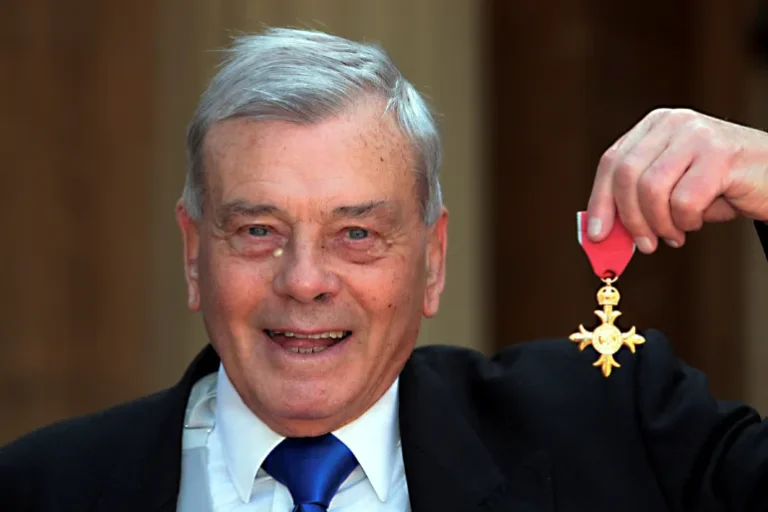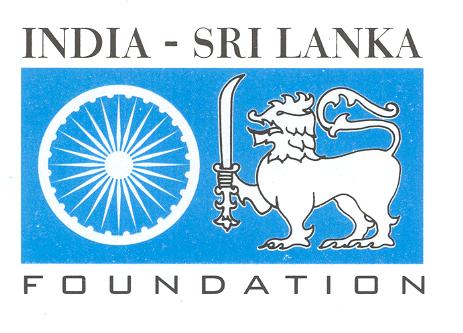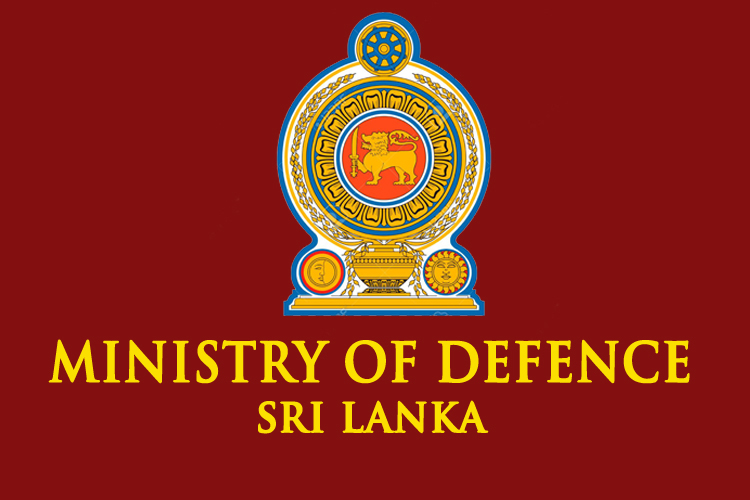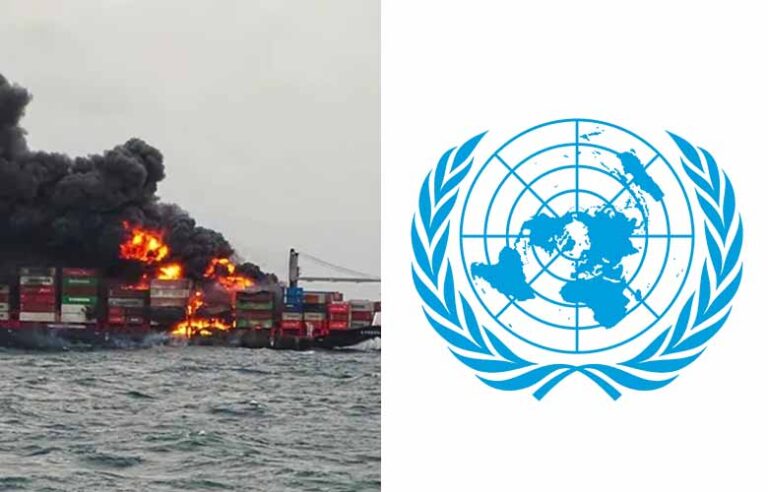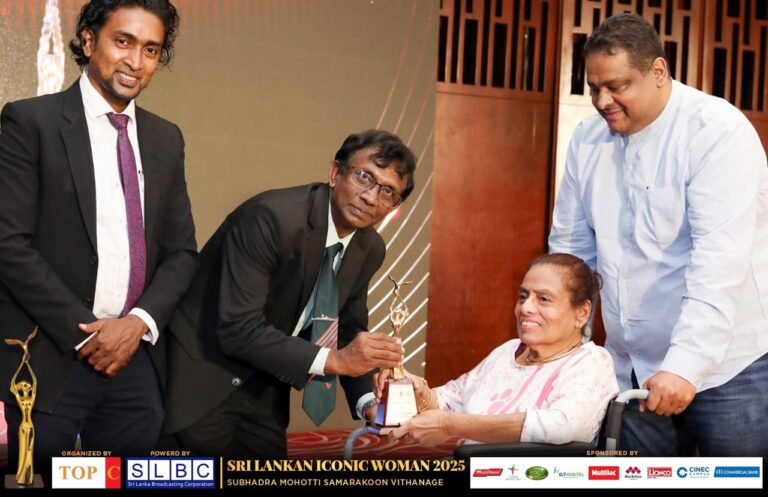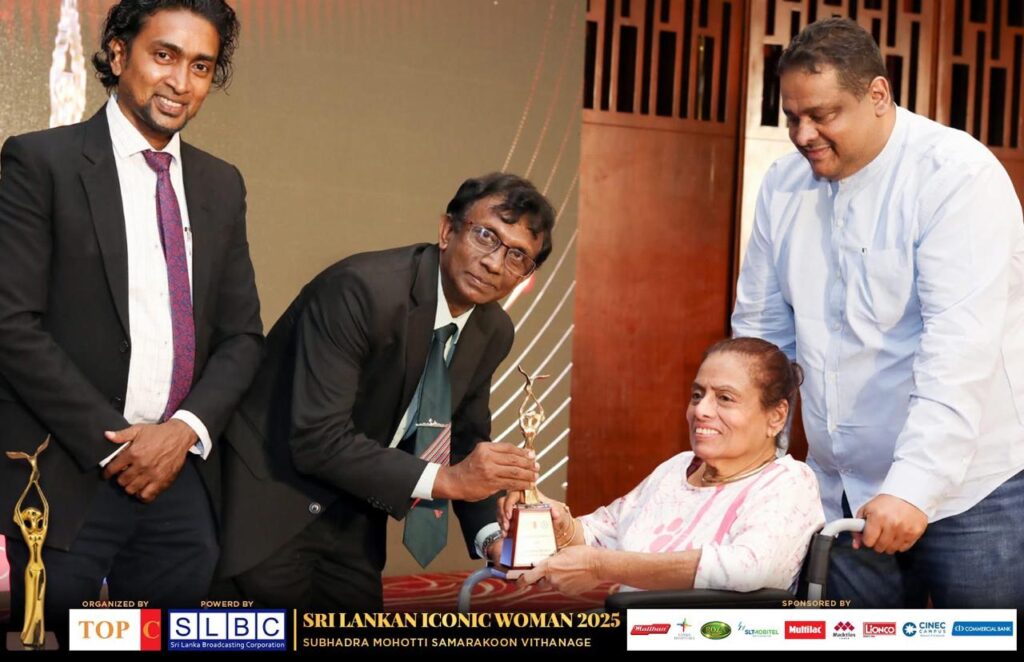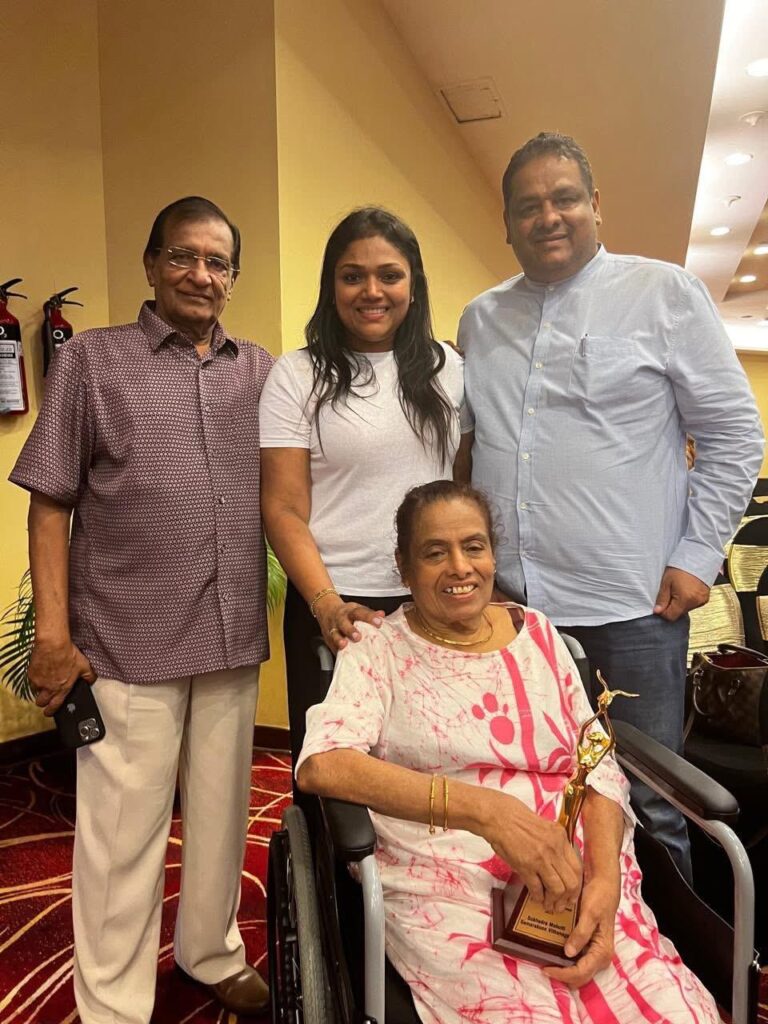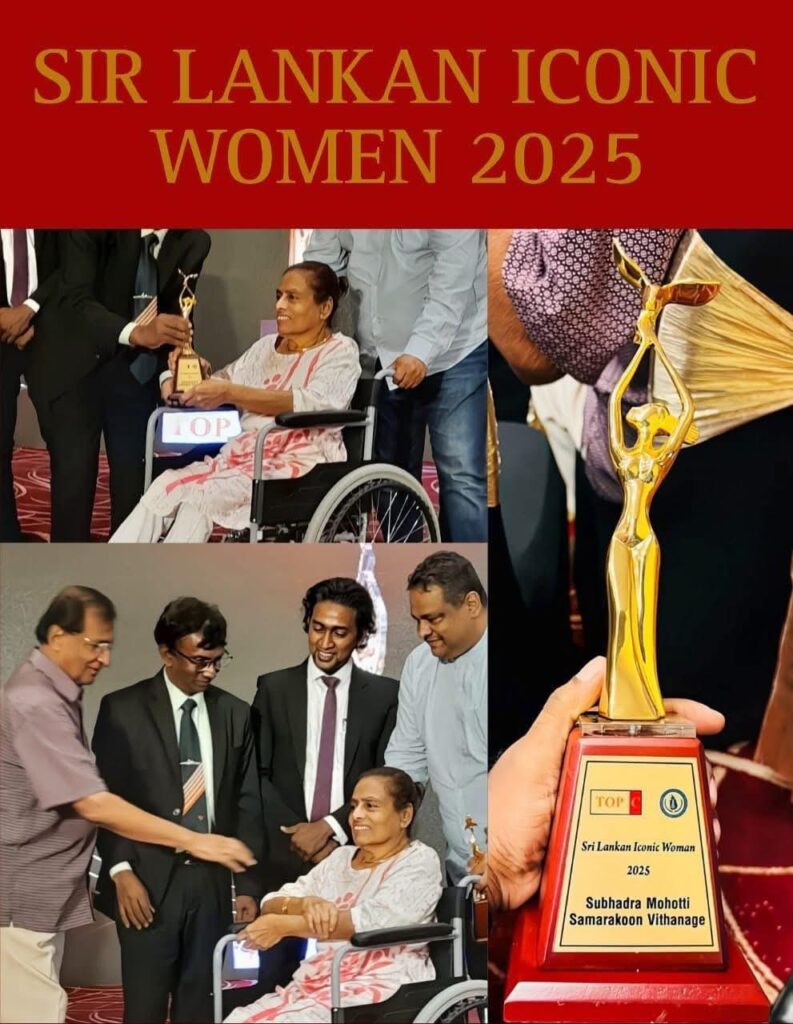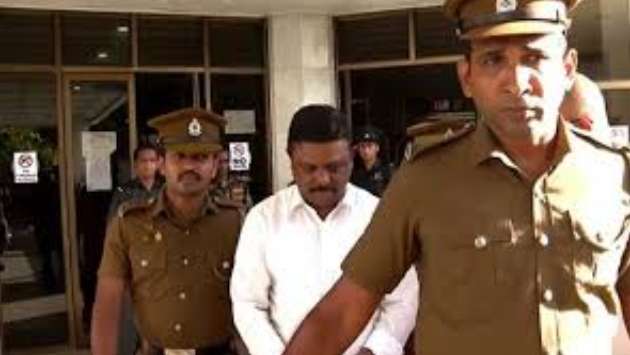September 23, World (LNW): Harold Dennis “Dickie” Bird, one of cricket’s most iconic umpires, has died peacefully at his home aged 92, Yorkshire County Cricket Club announced. Widely regarded as among the most beloved figures in the sport, Bird’s legacy stretches well beyond his umpiring statistics, touching the hearts of players, supporters and fellow cricketing professionals alike.
Born in Barnsley in 1933, Bird was not always destined for the umpire’s chair. Early injuries curtailed a modest playing career, but his passion for cricket led him to take up umpiring in 1970, standing in his first county match. His first Test match followed three years later. Over nearly three decades he officiated 66 Test matches and 69 One Day Internationals, including three World Cup finals — a record that places him among the most experienced and respected umpires of his era.
Bird’s popularity stemmed not just from his consistency and fairness, but from his warmth, witty exchanges and character. He developed a reputation for memorable incidents: observing play from the centre of the pitch during a bomb scare at Lord’s; navigating burst water pipes at Headingley; responding to a disgruntled crowd; and even slipping in the showers at the Women’s World Cup, injuring his elbow — all stories that became part of his larger-than-life persona.

Outside the field, Bird’s influence was significant. His autobiography became the biggest‑selling sports book in the UK. He became a familiar face on television and stage, touring with anecdotes and reflections that captured audiences. In 2014 he was appointed President of the Yorkshire County Cricket Club, a role in which he served with evident pride and distinction, presiding over two County Championship victories during his tenure.
Bird was honoured with an MBE in 1986 and an OBE in 2012 for services to cricket. He remained a proud Yorkshireman and lifelong friend of Geoffrey Boycott and Michael Parkinson, whom he met in his youth at
Barnsley.
The England and Wales Cricket Board described him as “deeply saddened” by the passing of someone who was “a proud Yorkshireman and a much‑loved umpire… sorely missed.”

Tributes have also poured in from across the cricketing community and public life: former England wicketkeeper Jack Russell called him unique. One off. The greatest”; broadcaster Piers Morgan named him “the greatest and most legendary umpire in cricket history”; and former prime minister David Cameron paid
homage by calling him “a national treasure”.
Late in life, Bird remained active in his community. He was seen supporting Barnsley Football Club as recently as ten days before his death, with the club set to hold a minute’s applause in his memory at its next
fixture.
Dickie Bird’s on‑field achievements will long be remembered, but it was perhaps his humanity, humour and ability to bring people together that truly defined him. His passing marks the end of an era; his legacy will
endure in every square leg shout, every light‑stopped play, and in the countless stories shared by those who knew him.
*With inputs from Sky News

